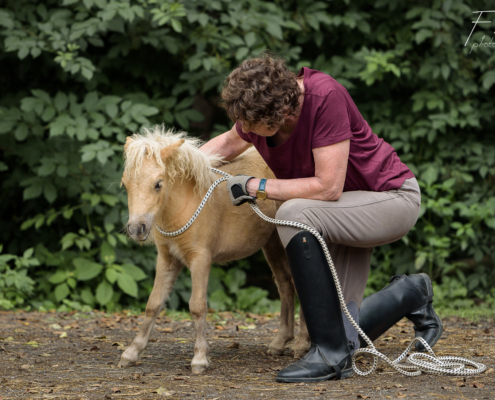Horses communicate using body language. The vast majority of communication is on a very subtle level, a flick of an ear, a swish of the tail, a curve of the body. Only if a horse ignores or defies these signals do they resort to contact such as nudging or nipping, or even biting or kicking.
The signal stops immediately the desired response is given. This means the horse learns when you STOP asking. The horse does not know what “right” and “wrong” are, nor does it make moral judgements.
For the horse, the thing that stopped the signal, or made you stop asking was “right”. If the horse does not respond, and you stop asking, for the horse not responding was “right”.
Horses notice and remember a repeated sequence of events. The horse knows that if one signal is ignored, a more emphatic one will be along right behind it! The signals and how strong they are, will vary according to the circumstances, but one rule always applies: be consistent, use as little pressure as possible, as much as you need, and never more than another horse would use.
Check out the Equine Science Talk video on reinforcement and punishment – this explains how these processes work, and why TIMING is the key to everything!


